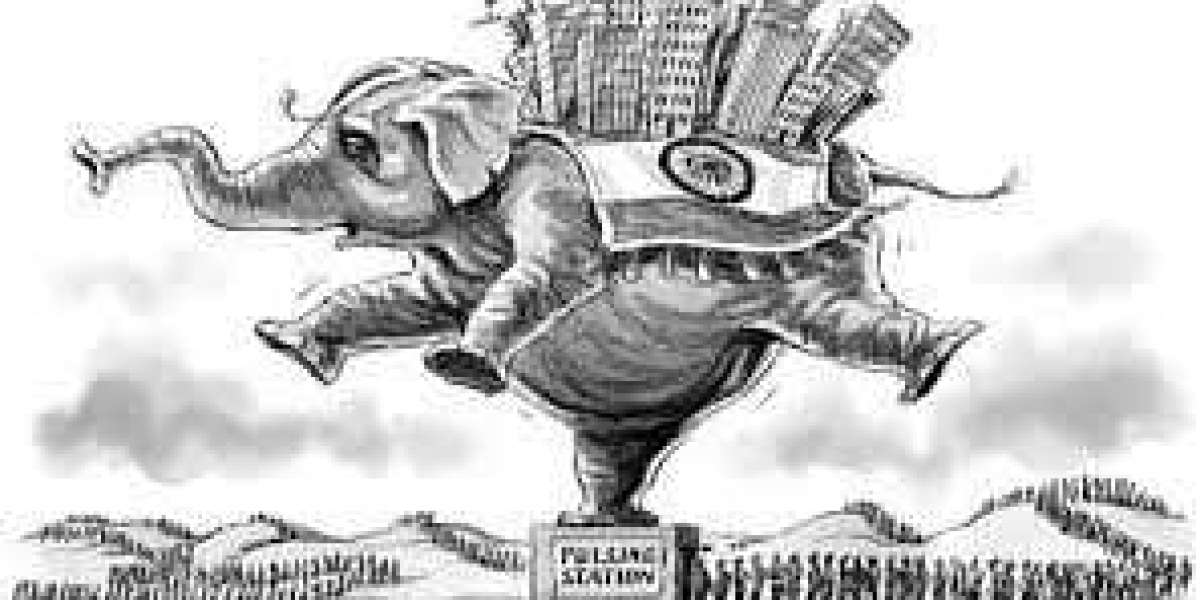Democracy is a form of government in which the people have the authority to choose their governing legislation. Who people are and how authority is shared among them are core issues for democratic theory, development and constitution. Despite its various drawbacks democracy is still preferred over its alternatives due to a number of reasons.
A democratic state is free from monopoly of authority. A political party is under constant pressure to keep the electorate happy and satisfied to be able to remain in power after their term is over. Periodic elections thus allow prevention of monopoly.
Democracy is based on the rule of authority. Every person has the right to experience and enjoy equal political, social and economic rights.
People in a democracy become active participants rather than passive recipients and thus are driven to take part in state affairs. Party propaganda helps impart political consciousness among the people.
Making Indian democracy more successful
- Low turnouts
Lok Sabha have at best seen two-thirds of the electorate exercising its choice and sometimes barely more than half. The structural problem keeps getting high. A number of reasons make people miss out on voting. This includes people who are travelling or temporarily out of station on the day of voting, the logistic nightmare of the sheer magnitude etc.
Technology might help and voting can be done on mobile phones or computers. This system is also used in French presidential polls.
- Caste and communalism
Ever since political parties have started using caste and religion as part of their agendas people have shifted their focus from real political and economic problems to the unreal problems parties inculcate in their minds.
Better political education from sources other than the government might help here. People must be properly educated in order to look into what te parties really have to offer and what issues are of primary importance
- Corruption
Keeping better checks on corruption is crucial to the working of a democracy. Corrupt governments bribe people into voting for them and eventually people lose trust in them.
Anti-corruption committees must be set up in India to look into this matter. Also, international organizations must readily keep a check to ensure the country works righteously.
- Weak judiciary
Judiciary’s independence has always been considered primary to a federal system to ensure a system of checks and balances. A weak judiciary might fall prey to an authoritative government and ultimately prove detrimental to democracy.
Indian judiciary has seen various problems relating to this in the past where either the court takes too long to deliver justice or the judge might be biased and support a leader while not considering benefit of the society.







